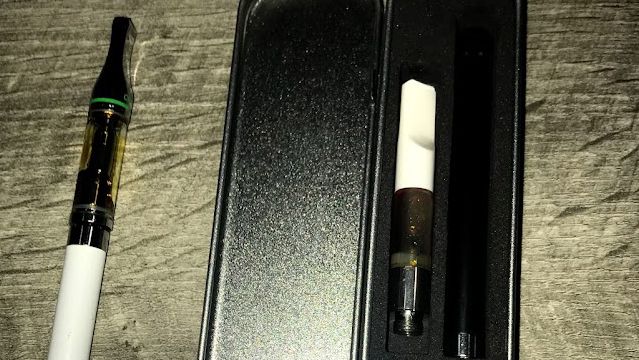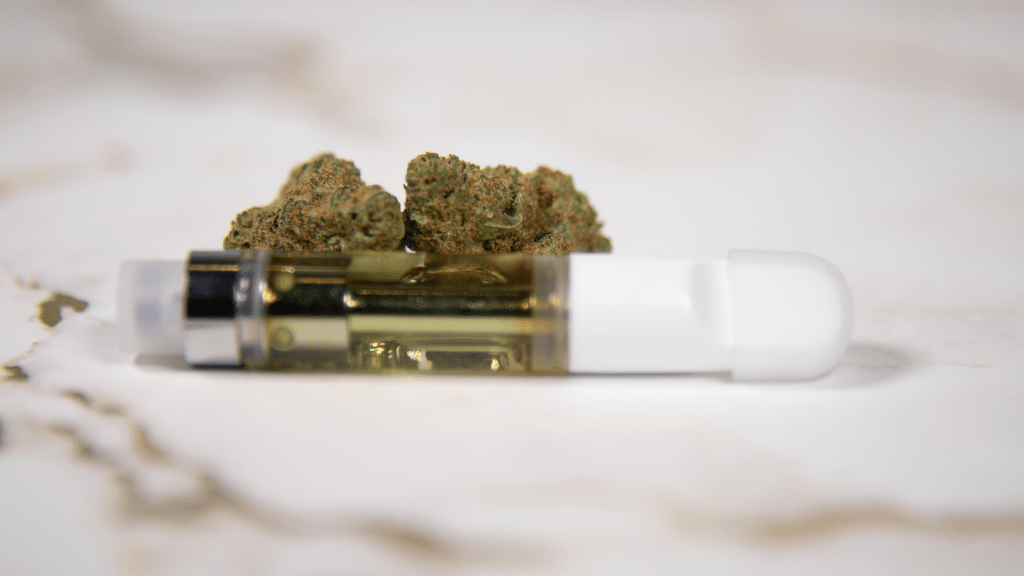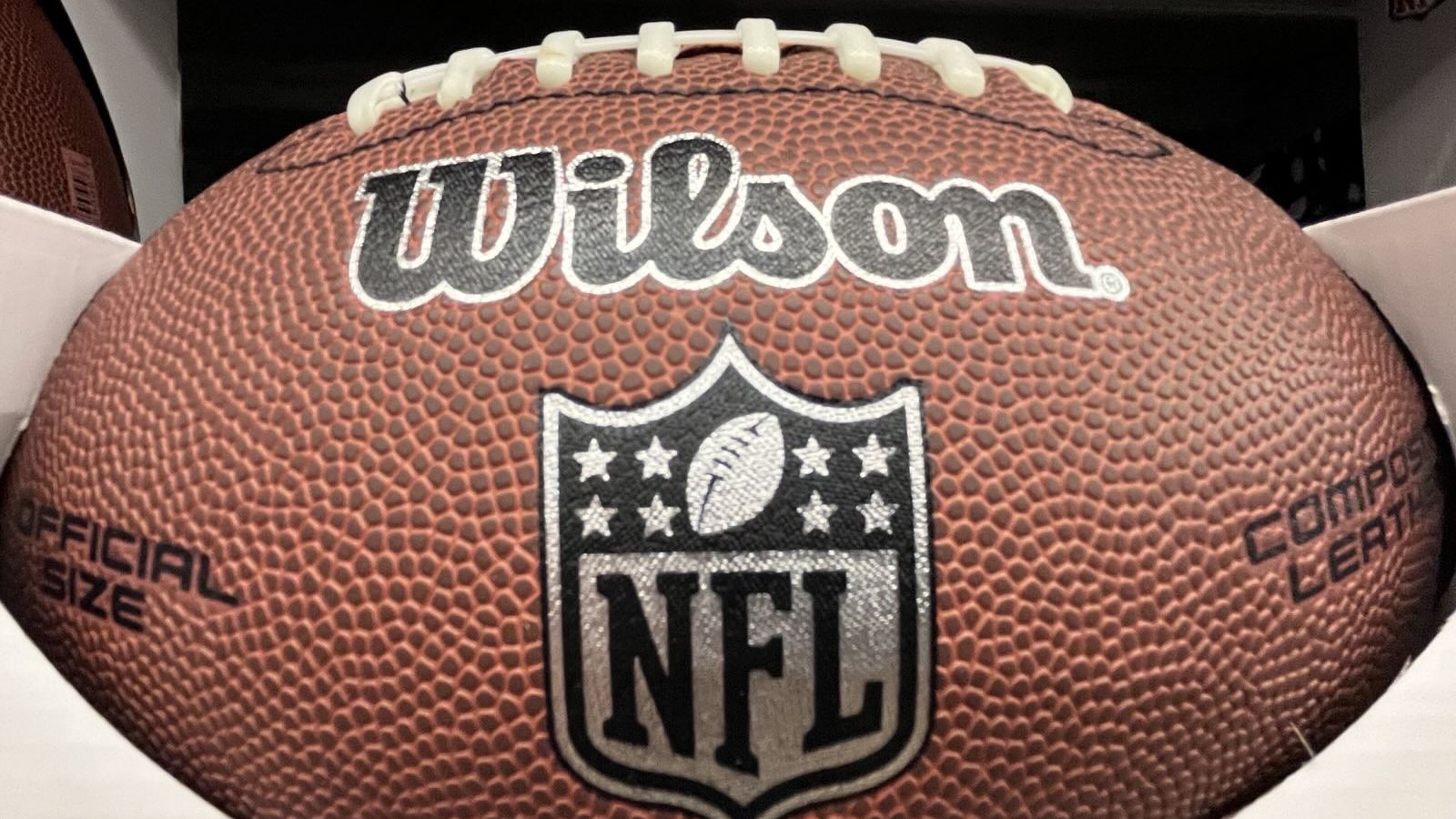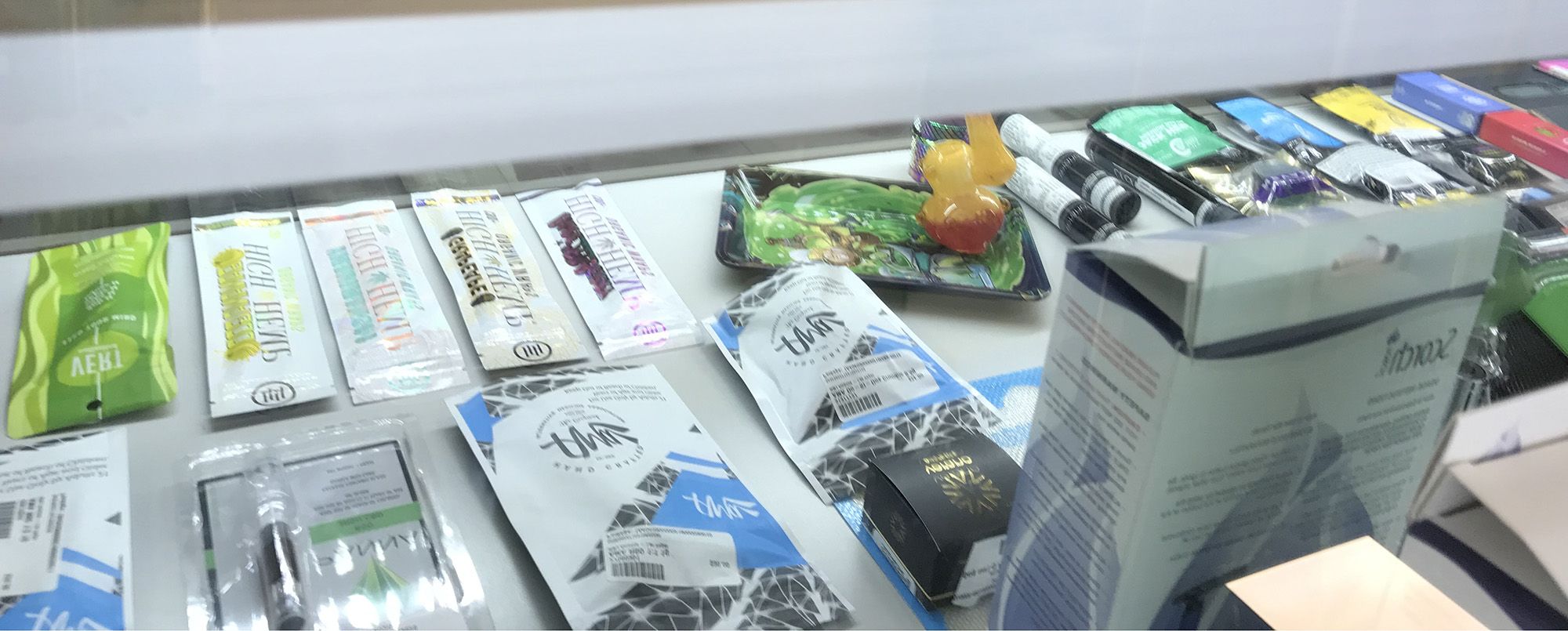-

Simple Vape Oil Etiquette Tips for Social Settings
In today’s social scene, vaping has become as common as carrying a smartphone. Whether it’s a rooftop party, a music festival, or a casual evening at a friend’s house, vape […]
-

Where the Ranks Stand: The Military’s Current Rules on Vape Oil and CBD
Here’s where things stand today: U.S. service members are not allowed to use cannabis vape oil—medical or otherwise—and they’re also barred from using most hemp-derived products, including CBD. That prohibition […]
-

Where Professional Sports Really Stand on Vape Oil Use by Athletes
When it comes to vape oil use in professional sports, there’s no universal standard. Each major league and governing body has taken its own approach—some relaxing long-held bans, others maintaining […]
-
Vape Oil Safety: Myths Versus Facts Every Consumer Should Know
Read more: Vape Oil Safety: Myths Versus Facts Every Consumer Should KnowVape oils — cannabis concentrates delivered through cartridges or pens — have become one of the most popular ways to consume cannabis. They’re discreet, convenient,…
From Our Blog

